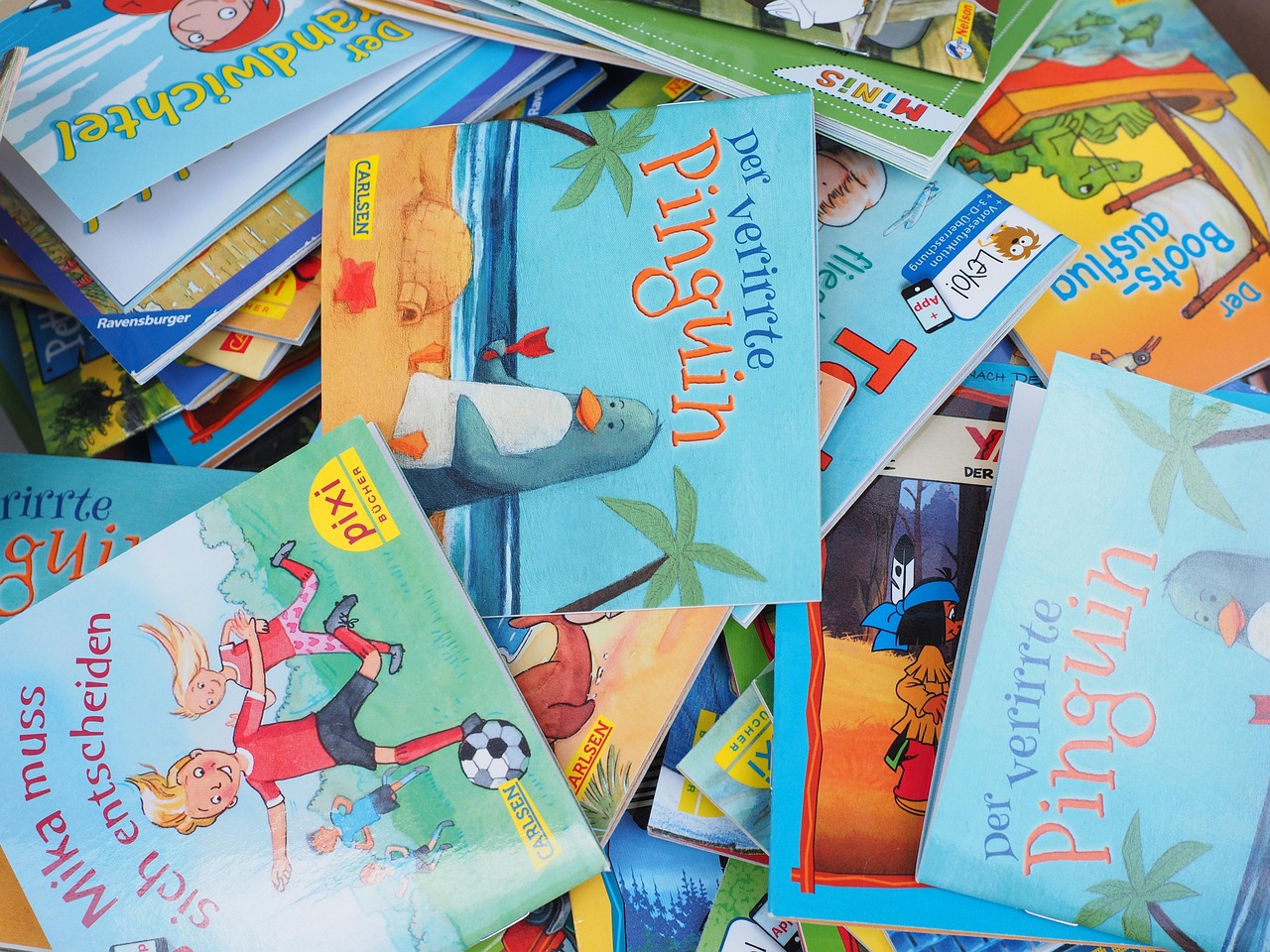Article Title:Basilects in creole literatures: Examples from Sranan, Capeverdian Crioulo and Antillean Kreyol
Abstract:
Language and dialect choice are frequently thematized in creole literature, notably in Alfred Parepou's 1885 Guianese novel Atipa. The concept of the basilect has accordingly played an important role in creole writing, critical thinking, and polemic. Given the assimilative pressure exerted by the super-strate, writers and critics often argue that the ideal creole literary dialect should be as divergent from it as possible. During the 1980s the P.A.I.C.V. government in Cape Verde tried to promote a revolutionary literature in what was described as the deep, original dialect of Crioulo, that of the hinterland of Santiago Island. Of particular interest were the agency of the Institutu Kauberdianu di Livru in Praia and the intellectual work of Manuel Veiga, especially his Dikrison Strutural di Lingua Kabuverdianu. Around the same time, writers in Martinique, most prominently Raphael Confiant, embraced the vision of a literary basilect 'maximally deviant' from standard French, which Jean Bernabe defined as a 'nuclear creole.' This article concludes with an extract from one of Confiant's novels in which 'hyper-acrolectal' French is humorously contrasted with the author's figuration of deep Kreyol.
Keywords: creole literatures; basilect; diglossia; literary dialect; orthography; Sranan poetry; Capeverdian literature; Raphael Confiant
DOI: 10.1075/jpcl.20.1.06lan
Source:JOURNAL OF PIDGIN AND CREOLE LANGUAGES
Welcome to correct the error, please contact email: humanisticspider@gmail.com



